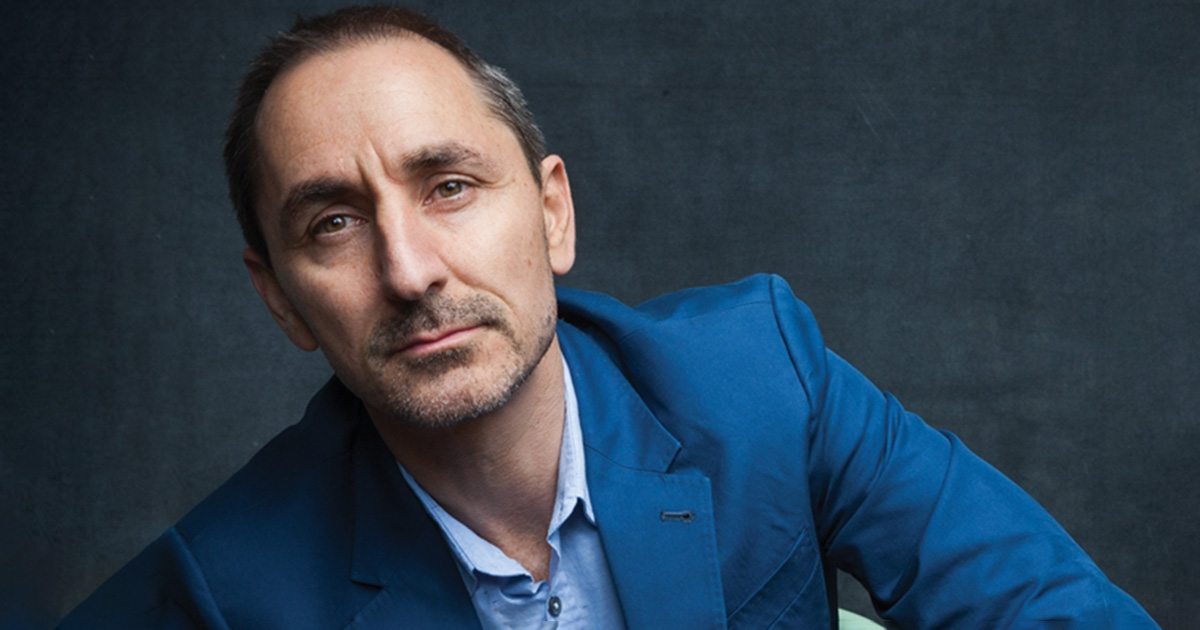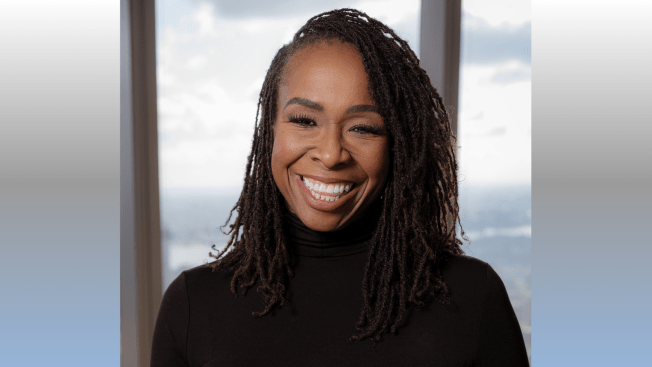We deliver! Get curated industry news straight to your inbox. Subscribe to Adweek newsletters.
It’s the end of an era for David Droga–and for the ad industry.
This week, Droga announced that come September he would be stepping down as CEO of Accenture Song. It’s a move that allows the 56-year-old Droga to pull back from the day-to-day grind of running the business and, as he put it in the company’s release, “catch his breath.” He isn’t fully retiring, though, as he’ll become vice chair of Accenture.
The news of Droga’s departure isn’t just a matter of Accenture C-Suite’s moving chairs. Droga is a creative luminary in advertising who set a blueprint for being a successful business leader while also proving his creative prowess, according to Mo Said, founder of agency Mojo Supermarket and former Droga5 creative.
For creatives who’ve worked with Droga, what made him such an influential figure wasn’t a cult of personality but his creative leadership style.
“David was always able to see the potential of where an idea could be pushed to–that’s a very unique strength,” said Jonny Bauer, founder and CEO of creative consultancy FundamentalCo and former Droga5 global chief strategy officer. “Creatives love working for him because he’s very clear, decisive, and calm.”
As Droga prepares for his next chapter, ADWEEK looks back on his achievements across business and creative leadership. This isn’t an exhaustive list—Droga has too storied a career for that—but rather five notable career milestones.
Droga5’s sale to Accenture and Droga’s ascension
Ahead of Droga5’s sale to Accenture in 2019, fear of consultancies encroaching on agencies’ turf loomed large in the industry. At the time of the sale, questions about what it meant for the future of Droga5’s creative business and where a legend like Droga would fit at a consultancy were common.
Droga promised to “stay relevant.” He nabbed creative veteran Nick Law from Apple, who is now taking on the role of creative strategy and experience lead at Accenture Song. In 2021, he assumed the role of CEO of Accenture Song (then Accenture Interactive). During his four-year tenure, Song’s revenue climbed from $12.5 billion to $19 billion for the fiscal year ending Aug. 31, 2024, according to the company.
That proven business sense from a creative leader will be chief among his legacies, according to Mojo Supermarket’s Said. It can be difficult for creatives who run businesses to navigate criticism from both the creative side (being seen as selling out) and the business side (a perceived lack of business chops), he observed.
“What other creative person’s legacy can we point out that’s bigger or more entrenched into culture from our industry?” asked Said.
Lion of St. Mark win to agency rally cry
When Droga won the Lion of St. Mark in 2017, he was the youngest winner of the lifetime achievement award, nabbing it at just 47. He used the occasion as a rallying cry to encourage the ad industry to care about their work, arguing that care is crucial.
“I would put down everything in my career to the fact that I cared—about what I do, who I work with, what I make,” he said at the time. “Caring makes you want to work harder. People can’t pay you to care. People can’t teach you to care. But when you find something that you care about, you give it everything you’ve got. You never settle. And you are always pushing to learn and be better and support those around you. All I’ve tried to do in my career is care.”
He continued: “That’s all we need to do. More agencies need to give a shit, work hard, and try to make beautiful and impactful things.”
The New York Times’ “The Truth Is Worth It”
That care was evident in Droga5’s work for The New York Times. During the 2017 Academy Awards ceremony, The New York Times ran its first-ever ad touting the importance of truth.
The spot was Droga5’s debut work for the newspaper and kicked off a campaign that continued to evolve, covering investigative journalism and more, to detail the importance of journalists’ work. In 2019, the campaign won the Grand Prix for Film Craft at Cannes.
Newcastle’s “If we Did it”
Advertising around the Big Game instead of in the game is something any marketer would hope they could pull off–why spend more than $7 million for 30 seconds if you can avoid it?–but few are able to do so and truly break through.
But Droga5 did for Newcastle Brown Ale in 2014. The shop created “If We Made It,” which dug into what the brand would have done if it had made a Super Bowl spot. The work made a massive splash and was dubbed the best ad of 2014 by this publication.
Tagging Air Force One
Droga built the Droga5 brand with bold creative work from the very start.
In 2006, before going viral online was even on clients’ radar, Droga did just that for designer Marc Ecko. The shop posted a video online of a graffiti artist seemingly tagging Air Force One, writing “Still Free” on the plane. As ADWEEK previously reported, the stunt, which was fake and the Pentagon eventually had to publicly deny, garnered 23 million unique views in its first week and some 17,000 news stories. The campaign won the Titanium Lion and a Cyber Grand Prix at Cannes Lions that year.
That work put Droga5 on the map and later helped it win the pitch for Prudential, even though the agency “had none of the relevant experience the client was looking for,” explained Ken Robinson, partner and co-founder of search consultancy Ark Advisors. “They were so interesting and they had just done the tagging Air Force One campaign. It was really cool.”
“They won every pitch that they’ve been in [that we’ve run],” said Robinson. “What I have to say about David Droga is David Droga never, ever said ‘I.’ He always said, ‘we.’ I’ve always thought that was very classy. It’s a nice way of sharing glory and not singling himself out in a cult of personality like so many agency [execs] do.”









